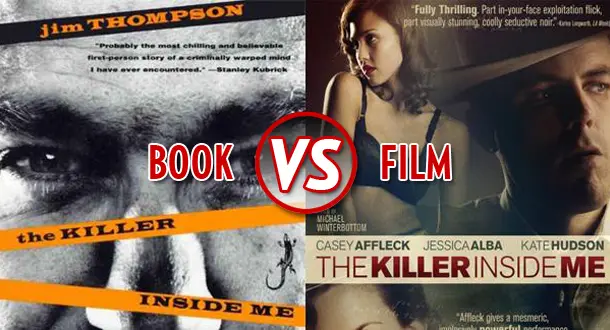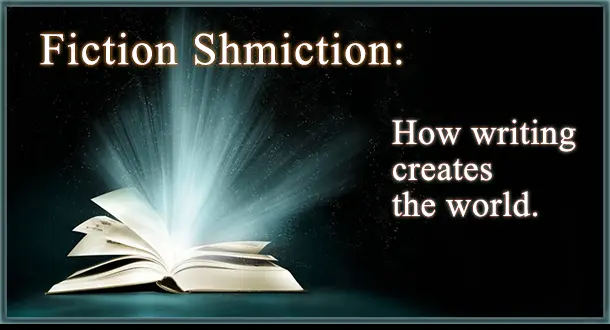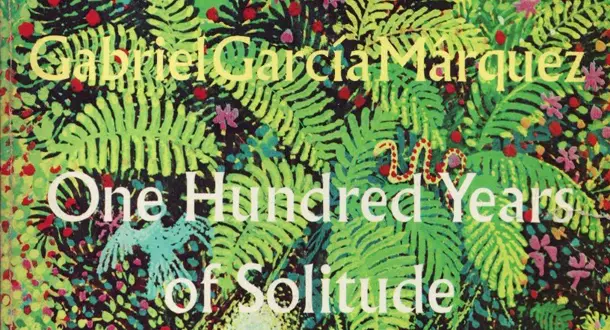Menu
Columns
Showing 3546 Columns
Showing 3546 Columns
May 8th, 2014

WARNING: Spoilers discussed freely.
Read Column →May 8th, 2014

Great art happens in the curves. Any hobbyist with a grasp of the rudiments can take a concept in a straight line but, whether it's classical ballet, comic books, Formula One or dressage, the measure of a true artist is how they master the turns.
Read Column →May 7th, 2014

Today's task is pretty straightforward: I want to show you why I believe that fiction isn't just important in the realm of fiction—why stories aren't just stories—why the word "just" is as unjust as you can imagine. Because stories ... stories are everything.
Read Column →May 6th, 2014

So, when you sit down to write, how often do you kill off some of your characters? Is it every single story? What if I told you that you couldn’t kill anyone in your next bit of fiction? Could you do it? What would that experience feel like, what would be left, if we took away your crutch? Can you risk it all on the page without your characters dying? IF you must kill people—when, how, and why? Let’s talk about death in fiction.
Read Column →May 2nd, 2014

There was an unwritten rule when "Culling The Classics" began that, whatever else one might be able to say about a book, it had to be at least 50 years old to qualify as a "classic" for our purposes. First published in 1967, One Hundred Years of Solitude still has three years before it officially reaches that "classic" age, but sadly Gabriel García Márquez died last month, and this is the best way I knew to honor him. And besides, every rule deserves an exception.
Read Column →May 2nd, 2014

Writing about oneself carries risks. A life that’s been fascinating to you may be dull as dishwater to everyone else. Honesty, a requirement for memoirs, may lead to humiliation, as you slip open your dingy raincoat and expose your dirty secrets for the sake of grabbing some attention only to find that readers look at them and laugh. Libel looms large; if you aren’t careful, telling the unvarnished truth may result in multiple lawsuits. And writing a great autobiography means knowing how to treat yourself as a well-rounded character.
Read Column →May 1st, 2014

Mourning authors is painful, particularly when they’re not dead yet. Long before our favorite authors go to the big word processor in the sky, they often experience another kind of death.
Read Column →April 30th, 2014

Flash fiction: A style of fictional literature marked by extreme brevity. Welcome to LitReactor's Flash Fiction Smackdown, a monthly bout of writing prowess. How It Works We give you inspiration in the form of a picture, poem, video, or similar. You write a flash fiction piece using the inspiration we gave you. Put your entry in the comments section. One winner will be picked and awarded a prize.
Read Column →April 30th, 2014

Like death and taxes, lawyers are one of those unpleasant necessities in life. At some stage, whether it’s buying a house, writing your will, starting your own business, or getting into a dispute, you will probably need the help of a lawyer. And it’s not the lawyers themselves that are unpleasant (can I admit to a little bit of an ironic laugh whilst typing that?), it’s just that the fees they charge aren’t something your average American can afford. So, as an author, will you need a lawyer?
Read Column →April 30th, 2014

Image via Jenny is Such a Bookworm Gone are the days when LGBTQ topics were taboo and the only available titles were poor, after-school special material. Today’s Young Adult canon features an immense wealth of rich characters that are not just struggling with their sexual identity, but are thriving as openly LGBTQ. It’s time to get to know four important openly gay Young Adult characters that are pleasantly diversifying YA lit.
Read Column →🎼
Tell us about your book, and we'll give you a writing playlist
Take our 1 minute quiz to find your ideal tunes.